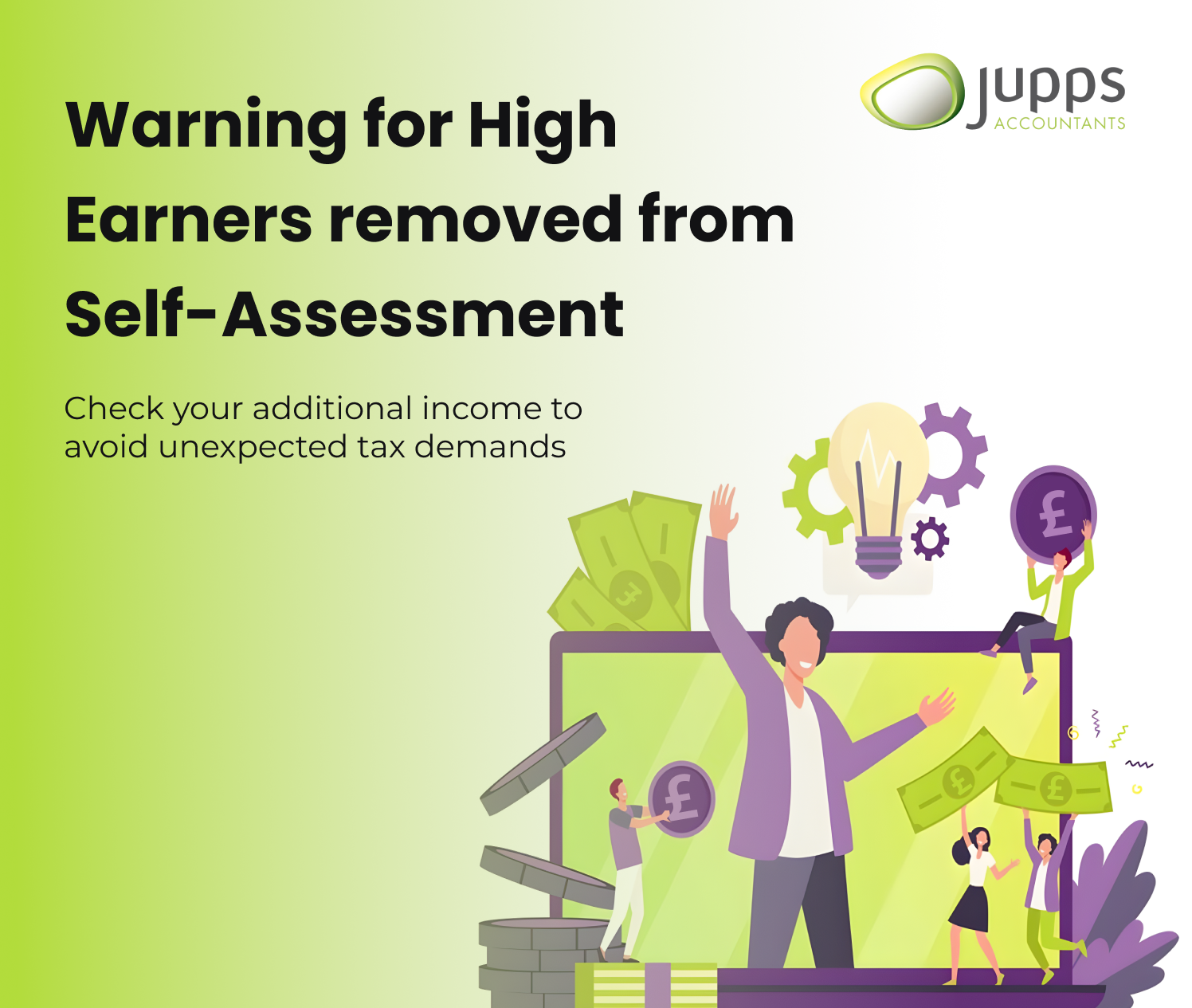 In April 2023, the threshold for high earners required to do a self-assessment tax return, even if the income was taxed through PAYE only, was increased from £100,000 to £150,000. From 6 April 2024, this threshold was removed altogether.
In April 2023, the threshold for high earners required to do a self-assessment tax return, even if the income was taxed through PAYE only, was increased from £100,000 to £150,000. From 6 April 2024, this threshold was removed altogether.
This is a long-awaited simplification, but it has been confusing some taxpayers and they have been incorrectly assuming, after being told by HMRC that they no longer need to file a tax return, that they don’t owe any tax.
1️⃣ Interest Income
HMRC states that you only need to submit a tax return when your ‘income from savings or investments is over £10,000’. However, you should be aware that interest will still be directly subject to income tax if it exceeds the personal savings allowance (PSA) of:
- £1,000 for basic rate taxpayers
- £500 for higher rate taxpayers
- No PSA for additional rate taxpayers
Banks have to declare interest income to HMRC, so HMRC will automatically attempt to collect any tax due on this through PAYE coding first. If there is not enough PAYE income though, or a delay in HMRC being notified by the banks, then a tax demand will be issued. These demands can be issued up to 4 years after the relevant tax year and often come as a surprise.
2️⃣ Dividend Income
This is a similar situation to interest income, as income tax is applicable if it exceeds the dividend allowance – currently:
- £500 in 2024/25 (£1,000 in 2023/24)
Dividend income does not have a similar mechanism to collect tax, however, so if you have taxable dividends of more than £500 but less than £10,000, you will now need to inform HMRC to have the tax collected.
3️⃣ Rental Income
You must complete a self-assessment tax return if your rental income is more than either of the below:
a. £2,500 after allowable expenses
b. £10,000 before allowable expenses
The first £1,000 of your income from property rental is tax-free. This is your ‘property allowance’. You also need to contact HMRC if your income from property rental is between £1,000 and £2,500.
ℹ️ How to Notify HMRC
You can notify HMRC of your other income through:
- Personal Tax Account
- PAYE helpline
⚠️ Important: HMRC doesn’t always automatically remove individuals from the self-assessment requirement. Even if you no longer meet the criteria, it’s advisable to double-check annually.
